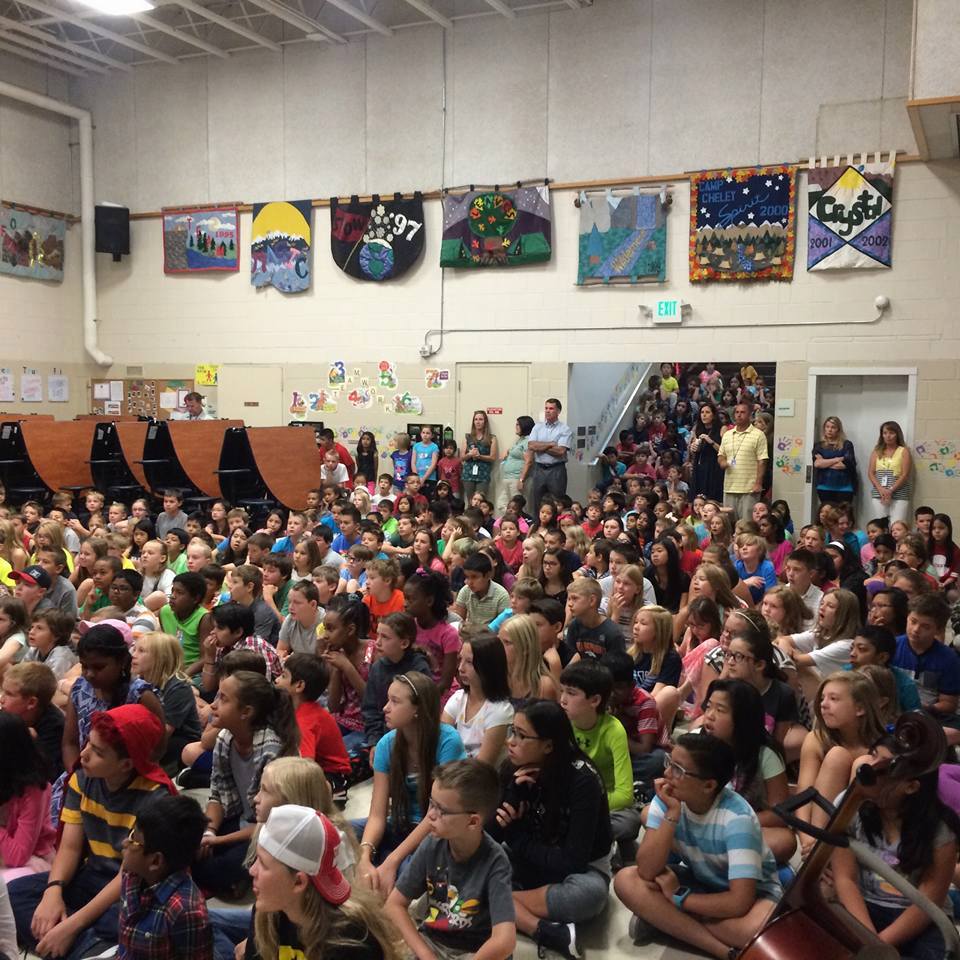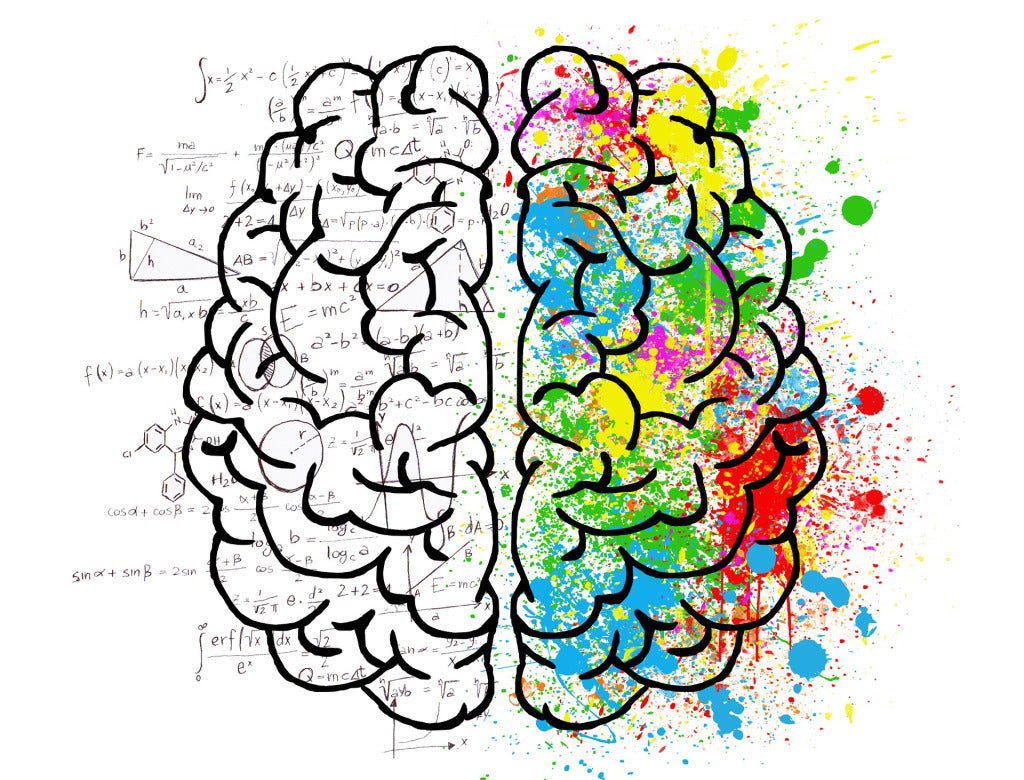What should I play?
IThe orchestral instruments that are featured below fall into three main categories – String, Woodwind and Brass. Each has its own attractions and disadvantages, and most (but not all) instruments are available in smaller sizes so that children can start early and then move up to the full size instrument when they are bigger.
String Instruments
Violin, Viola, Cello and Double Bass
Smaller versions of string instruments are available in different sizes as your child grows into the full-size version – there are even small versions of the double bass. Progress on string instruments can be slow in the early days so parents should be prepared to help out with practise at home and should observe lessons to pick up tips to help their children practise at home in between lessons. Children need to be fairly co-ordinated and mature enough to cope with comparatively slow progress at the start.
Although it is usually possible get hold of an inexpensive string instrument to start with, on as your child progresses, good quality instruments can be very expensive.
Violin
"Starter" violins are relatively inexpensive to hire/buy. Many music shops will do good deals on hiring violins so that you can replace a violin that your child has grown out of with a new one as your child gets bigger. There is vast repertoire of classical and popular music for violin. Some violinists swap over to learning the viola when they are older.
Viola
The viola is played by far fewer children then the violin and so viola players are always in demand. Perhaps a reason for the relatively small numbers of viola players is that they have to learn to read a different clef – the viola clef. The viola looks the same as the violin but is a bit bigger and heavier. Try to listen to some viola music and compare it to the sound of the violin. The viola makes a very warm rich beautiful sound.
Cello
Cellists read the bass clef which is the same one that is commonly used for the left hand in piano music. As with the violin, starter cellos are relatively inexpensive to hire/buy and most music shops will do good deals. Good quality instruments can be very expensive to buy at a later stage.
It is worth bearing in mind that the cello is an awkward instrument to carry. Most days my 15-year-old daughter walks to school but on days when she needs her cello I provide her and her cello with transport. A full size cello takes up at least one seat in a car but a cello is not as large as the double bass..
Double Bass
The double bass is a very versatile instrument and is suited to many different kinds of music ranging from classical to jazz. Its large size could deter some children from learning to play although it is now available in smaller sizes for younger children to learn. Most double bass players that I know drive an estate car!
Woodwind Instruments
Clarinet and Flute
Playing the clarinet or flute is an exciting option for lots of children as young as year 3. Both instruments can be adapted so that small children can hold and play them comfortably.
The smaller and lighter C Clarinet is ideal for small hands, and children who start on this usually progress to the larger and heavier Bb clarinet after a year or so.
The normal flute can be fitted with a curved head joint so that the stretch out to the side is shorter. When the child can reach out to the side comfortably the curved head joint is replaced with a straight one. The body of the flute remains the same whichever head is used.
Fast initial progress on both instruments means that your child will quickly be playing familiar tunes. Beginner instruments are relatively cheap to purchase and it is not too expensive to upgrade to more sophisticated instruments later.
The compact size of both instruments when disassembled is definitely an advantage as they can be easily carried by a child.
Valuable lessons learnt on the flute or clarinet pave the way for a relatively easy transition to the saxophone at a later stage.
Both instruments are comparatively popular and played by many children so yours won’t necessarily stand out in a crowd. Having said that, I love watching and listening to my 9 year old daughter in the midst of her hundreds of ‘flute friends’ all playing together!
Oboe and Bassoon
Other wind instruments to consider are the oboe and bassoon. Both are double reed instruments which require the children to be really careful with how they play and handle them – reeds break easily and cost money, and if they break need to be replaced in order to make the instrument work.
The oboe has the most beautiful haunting sound but also the reputation for being one of the most difficult instruments of the orchestra to play. As an oboist myself I would encourage an interested child to learn but not until at least age 10. I started on the clarinet at eight and then switched to learning the oboe at age 11. By learning the clarinet first I made very quick progress on the oboe and was old enough to appreciate the fact that I had to be careful with how I treated the reed of the oboe.
The bassoon, a large heavy instrument, is now available in a small size ‘baby bassoon’ for young hands. If your child learns the bassoon they will be in demand to play in orchestras and wind bands the breadth of the country! The bassoon takes quite a long time to put together as it is in several large pieces – this can be off putting at the start.
Brass Instruments
As second ‘front teeth’ are needed before starting to learn brass instruments, children typically need to be in Year 4 onwards. Most brass instruments are available in small sizes. The repertoire is varied and brass players fit into many different musical groups eg. jazz groups, brass bands, orchestras, windbands etc. Most beginner instruments are relatively cheap to buy and are moderately expensive to upgrade.
Trumpet, French Horn, Trombone and Tuba
The French horn, along with the oboe, has a reputation for being one of the most difficult instruments in the orchestra. This is because many of the notes are made by just changing the embouchure (the lip shape) and so the notes can easily ‘split’, which means you hear a sound exactly like a ‘split’. The French horn is sometimes a little awkward for young children to hold so the smaller size suits beginners.
The trombone comes in a mini version so that the reach out in front is shorter.
If your child is desperate to learn the trumpet when they are still quite small then a start on the cornet is a solution. Both the trombone and trumpet are versatile instruments with many different musical personalities. All the huffing and puffing is quite hard work in the beginning and tired lips can be a problem.
The tuba is only available in its original size – and a rare opportunity for the right child. Sometimes children will learn the euphonium first and later swap over to the tuba.









 from Business Insider
from Business Insider

